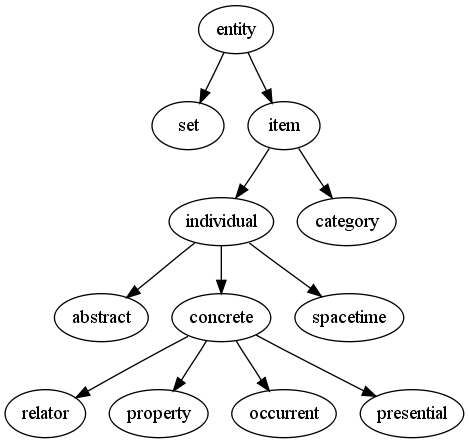What is Artificial Intelligence?
Artificial Intelligence (AI) is usually defined as the science of making computers do things that require intelligence when done by humans. AI has had some success in limited, or simplified, domains. However, the five decades since the inception of AI have brought only very slow progress, and early optimism concerning the attainment of human-level intelligence has given way to an appreciation of the profound difficulty of the problem.
From http://www.alanturing.net/turing_archive/pages/reference%20articles/what%20is%20ai.html
What is Intelligence?
Quite simple human behaviour can be intelligent yet quite complex behaviour performed by insects is unintelligent. What is the difference? Consider the behaviour of the digger wasp, Sphex ichneumoneus. When the female wasp brings food to her burrow, she deposits it on the threshold, goes inside the burrow to check for intruders, and then if the coast is clear carries in the food. The unintelligent nature of the wasp’s behaviour is revealed if the watching experimenter moves the food a few inches while the wasp is inside the burrow checking. On emerging, the wasp repeats the whole procedure: she carries the food to the threshold once again, goes in to look around, and emerges. She can be made to repeat this cycle of behaviour upwards of forty times in succession. Intelligence–conspicuously absent in the case of Sphex–is the ability to adapt one’s behaviour to fit new circumstances.
Mainstream thinking in psychology regards human intelligence not as a single ability or cognitive process but rather as an array of separate components. Research in AI has focussed chiefly on the following components of intelligence: learning, reasoning, problem-solving, perception, and language-understanding.
From http://www.alanturing.net/turing_archive/pages/reference%20articles/what%20is%20ai.html
What is a Robot?
“I would say that a robot is a physically embodied artificially intelligent agent that can take actions that have effects on the physical world,” says roboticist Anca Dragan of UC Berkeley.
https://www.wired.com/story/what-is-a-robot/
Proto Robots…
The Golem: http://www.jewishvirtuallibrary.org/the-golem
Frankenstein; or, The Modern Prometheus
Prometheus: (/prəˈmiːθiəs/ prə-MEE-thee-əs; Greek: Προμηθεύς [promɛːtʰeús], meaning “forethought”)[1] is a Titan in Greek mythology, best known as the deity in Greek mythology who was the creator of mankind and its greatest benefactor, who stole fire from Mount Olympus and gave it to mankind.
Modern Robots and AIs.
Google’s DeepMind // “can make connections and reach meanings without relying on pre-defined behavioral algorithms”
A.I. and Quantum Computing
(An ontology represents knowledge as a set of concepts within a domain and the relationships between those concepts.) by Shizhao using CommonsHelper.
What about the future of AIs?
What do you think is the future of AIs?
Is this important? Why?
